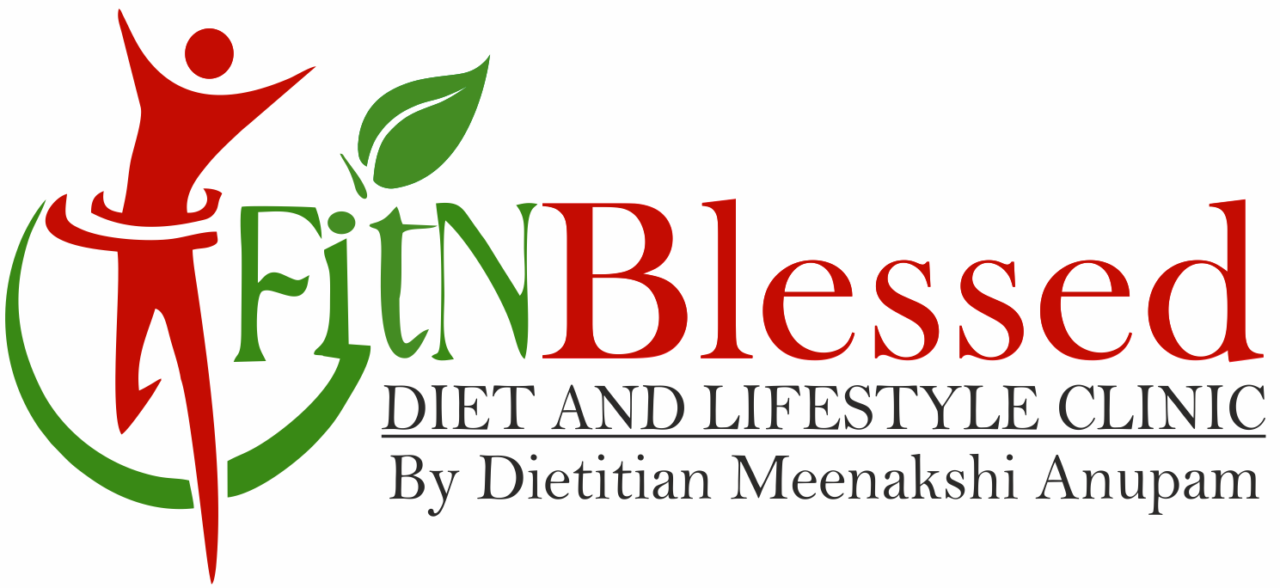PREGNANCY AND
POST PREGNANCY DIET PROGRAM
Pregnancy Diet Plan:
During pregnancy, it’s crucial to focus on a balanced and nutritious diet to support the health of both the mother and the developing baby. Here are some guidelines for a healthy pregnancy diet:
1. Folate and Folic Acid:
- Consume foods rich in folate, such as leafy green vegetables, citrus fruits, beans, and fortified cereals. Folic acid supplements are often recommended before and during early pregnancy to prevent birth defects.
2. Iron-Rich Foods:
- Iron is essential for the production of red blood cells and oxygen transport. Include iron-rich foods like lean meats, poultry, fish, beans, and fortified cereals in your diet.
3. Calcium:
- Ensure an adequate intake of calcium for the development of the baby’s bones and teeth. Good sources include dairy products, fortified plant-based milk, tofu, and leafy greens.
4. Protein:
- Include sources of lean protein like poultry, fish, eggs, legumes, and nuts. Protein is vital for the baby’s growth and development.
5. Omega-3 Fatty Acids:
- Consume fatty fish like salmon, chia seeds, flaxseeds, and walnuts. Omega-3 fatty acids support the baby’s brain and eye development.
6. Whole Grains:
- Choose whole grains like brown rice, quinoa, oats, and whole wheat bread. They provide fiber and essential nutrients.
7. Hydration:
- Drink plenty of water to stay hydrated, as proper hydration is essential for both the mother and the baby.
8. Limited Caffeine and Avoid Alcohol:
- Limit caffeine intake and avoid alcohol completely during pregnancy, as they can negatively impact the baby’s development.
Post-Pregnancy Diet Plan (While Breastfeeding):
After childbirth, if you are breastfeeding, your body requires additional nutrients to produce breast milk. Here’s a post-pregnancy diet plan that supports breastfeeding and overall recovery:
1. Balanced Nutrition:
- Continue consuming a balanced diet rich in fruits, vegetables, whole grains, lean proteins, and healthy fats.
2. Caloric Intake:
- While breastfeeding, you’ll need extra calories. Aim for an additional 300-500 calories per day to support milk production.
3. Hydration:
- Drink plenty of water and other fluids to stay well-hydrated. Breastfeeding can be dehydrating, so it’s essential to replenish lost fluids.
4. Omega-3 Fatty Acids:
- Include sources of omega-3 fatty acids such as fatty fish, chia seeds, and flaxseeds. These healthy fats support the baby’s brain development.
5. Calcium and Vitamin D:
- Continue consuming calcium-rich foods like dairy products, fortified plant-based milk, and leafy greens. Vitamin D is essential for calcium absorption.
6. Iron:
- If you experienced significant blood loss during childbirth, your doctor might recommend iron supplements. Include iron-rich foods in your diet, such as lean meats, beans, and fortified cereals.
7. Post-Pregnancy Weight Loss (If Desired):
- If you’re looking to lose weight after pregnancy, focus on a gradual and sustainable approach. Consult with a healthcare provider or a registered dietitian for personalized guidance.
Remember that every individual’s nutritional needs are different, so it’s essential to consult with a healthcare provider or a registered dietitian for personalized advice during and after pregnancy. They can help create a tailored diet plan based on your specific needs, health conditions, and dietary preferences.
